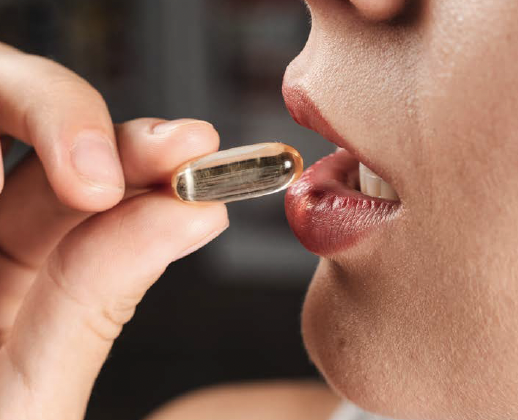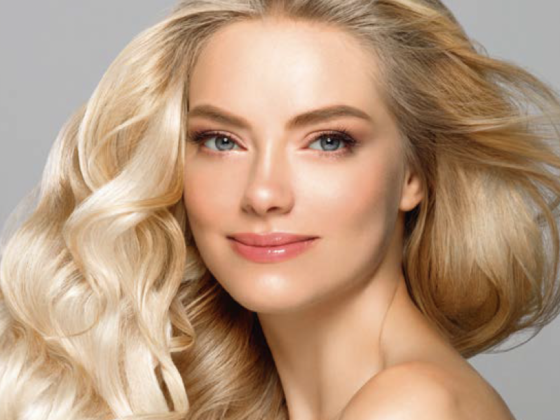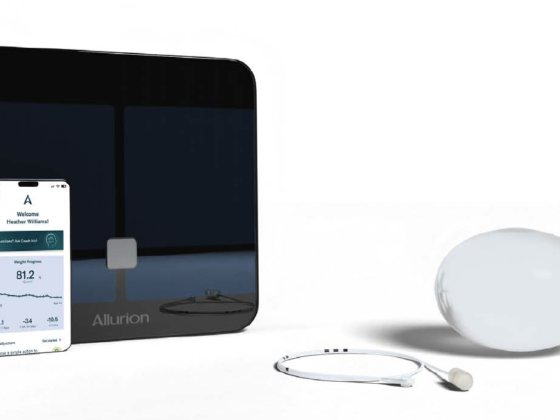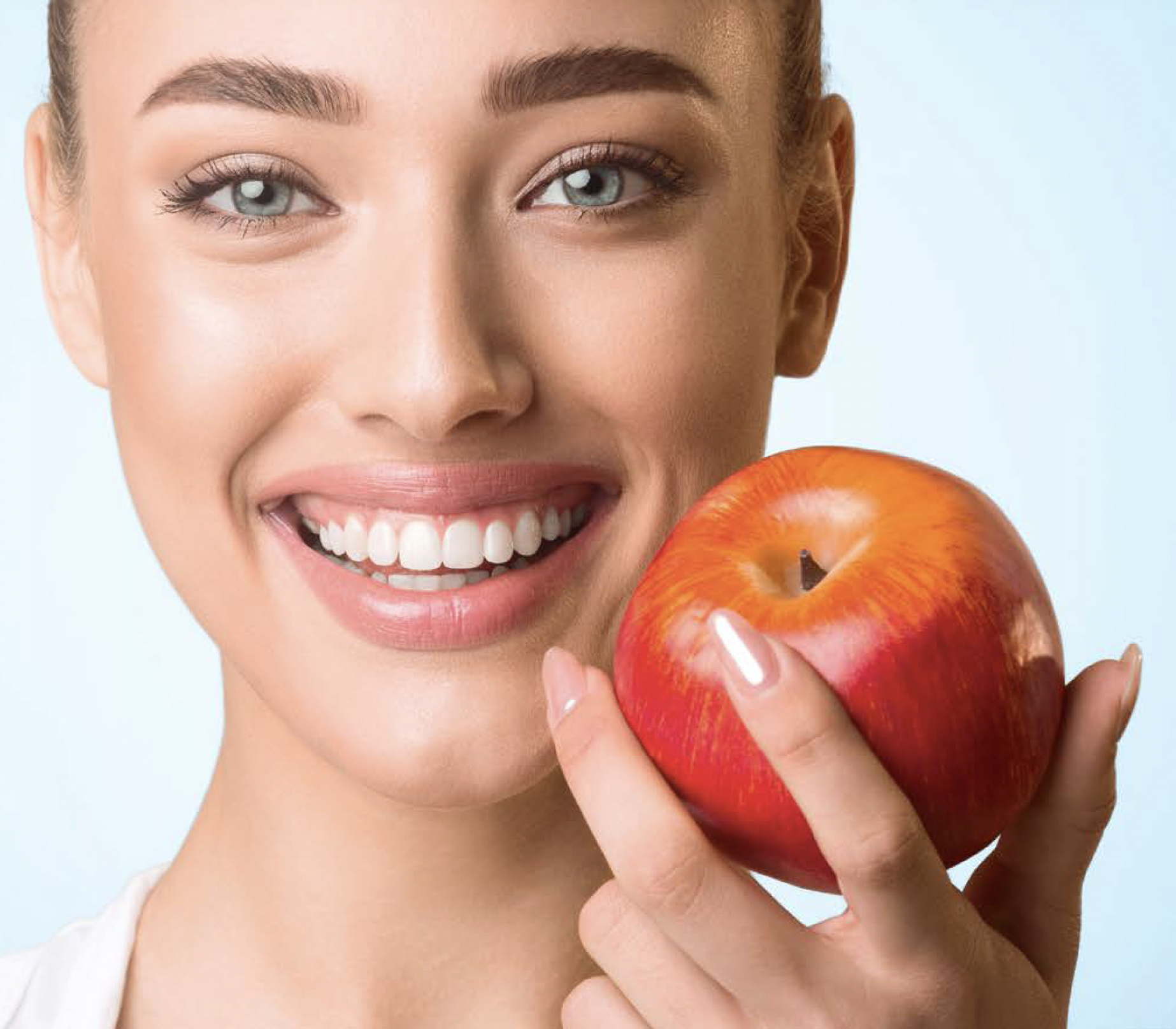Dr Isabelle Meurgey
It is one of the three axes that can positively influence our DNA for better physical and mental health.
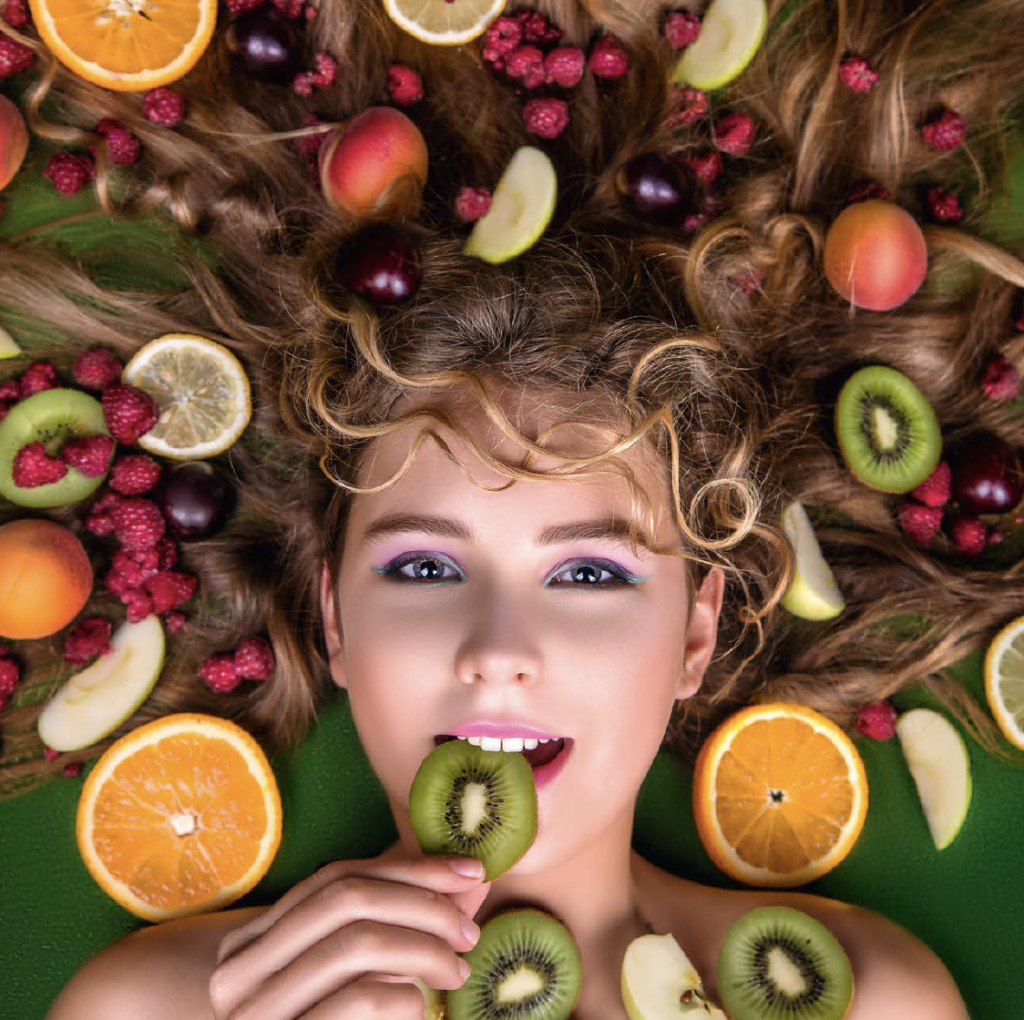 In certain areas of our planet, there are small communities of people who live to be a hundred or even older while remaining strong and healthy. Whether they live close to the sea, like in Okinawa, or hidden away in the mountains of China or Pakistan, these centenarians all have certain similarities, namely in terms of their lifestyle and diet. Their eating habits are far from the Western junk food diet that contains high amounts of saturated fat, is dripping in omega 6 fatty acids, full of ultra-processed and refined products, and very high in salt.
In certain areas of our planet, there are small communities of people who live to be a hundred or even older while remaining strong and healthy. Whether they live close to the sea, like in Okinawa, or hidden away in the mountains of China or Pakistan, these centenarians all have certain similarities, namely in terms of their lifestyle and diet. Their eating habits are far from the Western junk food diet that contains high amounts of saturated fat, is dripping in omega 6 fatty acids, full of ultra-processed and refined products, and very high in salt.
These kinds of foods end up destroying us, stripping our bodies of nutrients and minerals, turn our bodies acidic and causing inflammation, which is a breeding ground for metabolic diseases, obesity, cardiovascular disease, joint disease and cancer.
Our centenarians follow an anti-inflammatory diet and at every meal they eat plenty of organic fruit, vegetables and berries, which are rich in antioxidants, flavonoids, carotenoids and fibre. Their protein mainly comes from plants, with daily portions of wholegrain cereals and pulses. The oils they use are rich in omega 3 fatty acids, such as linseed, nut and rapeseed oils. Cold-pressed extra virgin olive oil, which is rich in omega 9, also protects the vascular system, as does duck or goose fat. Their animal protein generally comes from oily fish (herring, mackerel, sardines) and crustaceans. The only problem is that the sea is polluted with heavy metal mercury, which is very bad for our health. This is why large fish like tuna should be banished from our plates. Dairy products and lean meat should only be eaten two to three times per week. Herbs and spices are a treasure chest of anti-inflammatory, digestive and antioxidant properties, so sprinkle them liberally into your dishes. You should also include fermented foods such as sauerkraut, gherkins, kimchi, pickles, etc. This will delight your intestinal flora, for a more efficient immune system.
Drinks should primarily be spring water, preferably from a glass bottle, remineralising green juices from a juice extractor, kombucha for its prebiotic properties, antioxidant green tea, and the “French paradox” red wine, which contains high amounts of resveratrol. One or two glasses a day are sufficient, so drink responsibly!
It is better to cook all of these foods al dente, either stir fried or gently steamed to preserve their nutrients and avoid the pro-inflammatory aminos and hydrocarbons that can be found when cooking on a barbecue. These centenarians do not eat refined products such as white sugar or white flour, and they do not suffer from insulin resistance or diabetes. Limiting insulin secretion is a key part of anti-aging nutrition. To do this, breakfast should be protein-packed, and any carbohydrates should be complex and rich in fibres (replace sugar-laden pastries with a banana or some figs, for example).
Artificial sweeteners should be avoided, however, as they trick our pancreas and make it secrete insulin all the same, and some are even toxic. In order to lower the diet’s glycaemic index, cereals should be wholegrain, varied and low in gluten (less inflammatory) such as quinoa, buckwheat, einkorn. The “Bleu Blanc Coeur” label that is displayed on certain eggs in France guarantees that they are rich in omega 3, as the laying hens are fed with plenty of linseed. Eggs are an excellent source of protein and contain high amounts of choline and antioxidants, while avocados are rich in polyphenols, phytosterols and fibre, which protect the cardiovascular system. Mushrooms, seaweed, beetroot, dark chocolate, cabbage and broccoli should all be eaten regularly. Bone broth is very rich in gelatine and collagen, which are good for our tendons, joints and skin.
Taking a break from food is also one of the principles for longevity.
Intermittent fasting for 12 or more hours per day triggers autophagy, that is the detoxification and regeneration of the body. Anyone can do it! For the more courageous, longer periods of fasting are even more effective. To sum up, an anti-aging diet is a combination of anti-inflammatory, alkalising, low GI, hypocaloric foods. This kind of diet alone is not enough to guarantee a long and healthy life. These centenarians also apply all of the guidelines of epigenetics, which are low stress, high social integration, and an active lifestyle with plenty of time spent outdoors and in contact with nature.
An extra shot of energy for the winter:
In a blender, mix freshly-squeezed orange juice with a sliced banana, kiwi or pomegranate and a handful of alfalfa sprouts. Blend for a minute and serve. our pancreas and make it secrete insulin all the same, and some are even toxic.
 Dr Isabelle Meurgey: Doctor of anti-aging and cosmetic medicine. Graduate of the Rouen medical faculty. Has specialised in preventative and performance medicine since 1997. Permanent member of the French Society of Aesthetic Medicine. Diplomas in Micronutrition, Auriculotherapy, Hypnosis.
Dr Isabelle Meurgey: Doctor of anti-aging and cosmetic medicine. Graduate of the Rouen medical faculty. Has specialised in preventative and performance medicine since 1997. Permanent member of the French Society of Aesthetic Medicine. Diplomas in Micronutrition, Auriculotherapy, Hypnosis.
More informations: docteurisabellemeurgey.com




